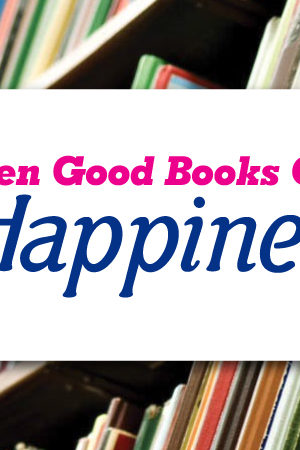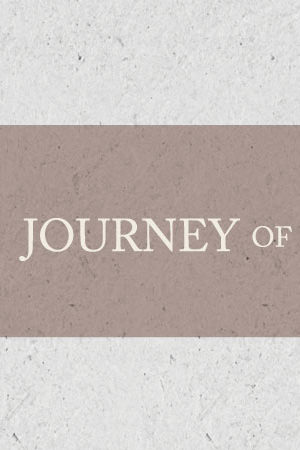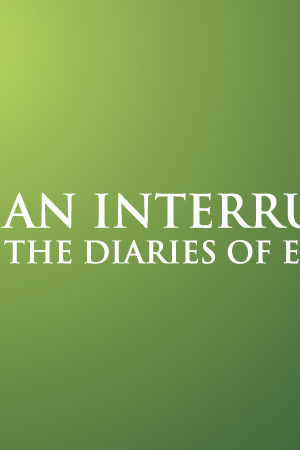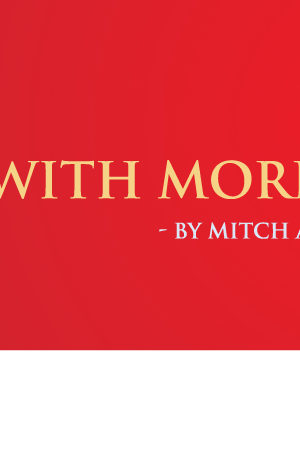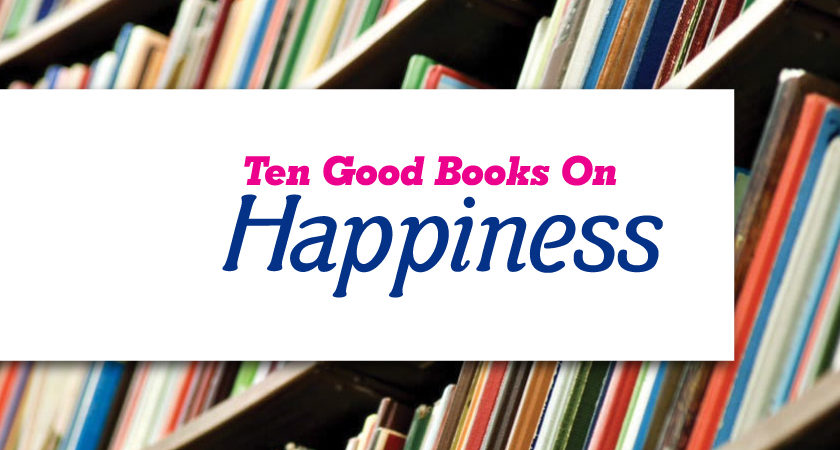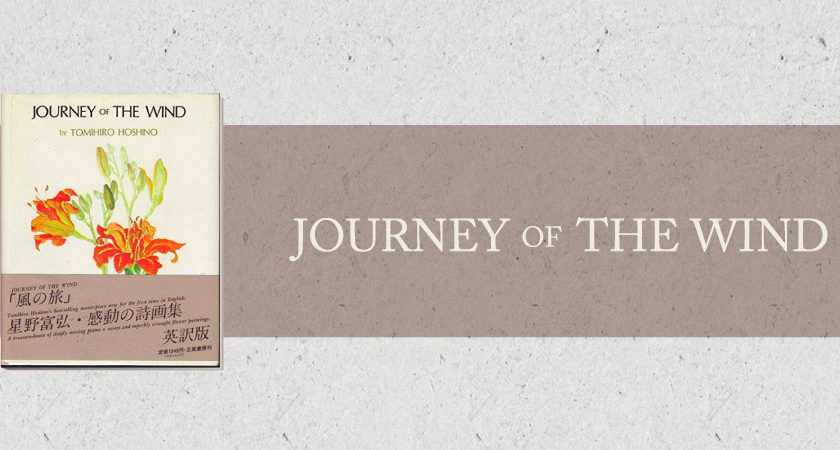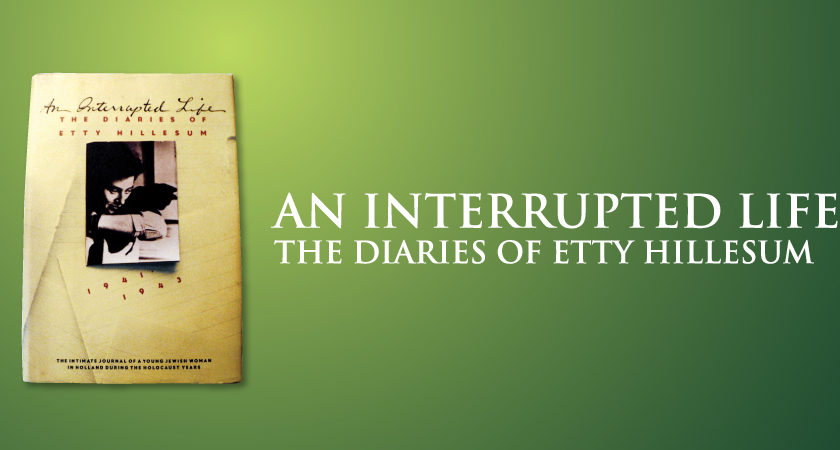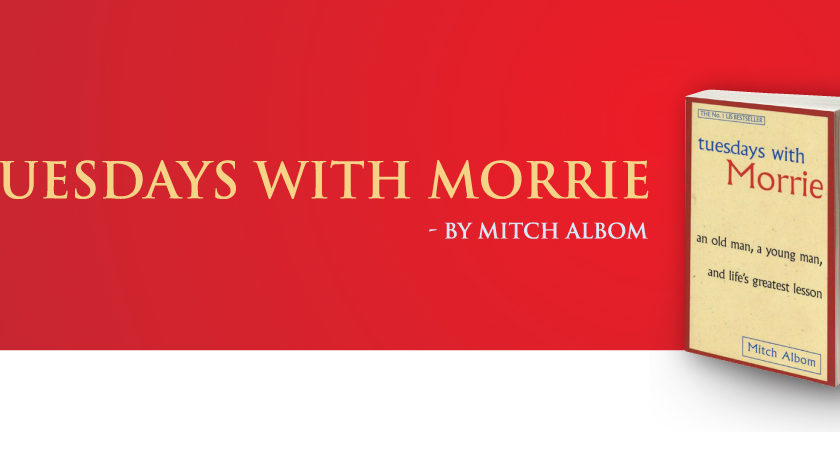Instead of reviewing one book, why not present ten good books on happiness, I thought. Looking at lists found on the Net, I found hundreds of titles.
Please do not take anyone’s list as the Gospel truth. You may go ecstatic over a book, which does not impress me, or vice-versa. What you and I are looking for, may be different.
Having mentioned this caveat, let me present a list of ten good books which many people have found useful and inspiring.
One more word of caution: Reading a book will not make you happy, just as reading a book on fitness will not make you physically fit. You need to DO what the book talks about. Happiness is not something a person or a book can bring us. People or books can tell us what they found helpful in their pursuit of happiness. Becoming happy is my choice and responsibility. Books and experts cannot give it to me.
Want to learn more? Here are ten books, in alphabetical order.
 1. The Art of Happiness by the Dalai Lama is a simple and practical exposition of the Buddhist philosophy of peace and compassion as a foundation of “If you want others to be happy, practice compassion. If you want to be happy, practice compassion.” (Available also in Indian languages.)
1. The Art of Happiness by the Dalai Lama is a simple and practical exposition of the Buddhist philosophy of peace and compassion as a foundation of “If you want others to be happy, practice compassion. If you want to be happy, practice compassion.” (Available also in Indian languages.)
——————————————————————————————————————————————————————————————————————————————————–
 2. Authentic Happiness: Using the New Positive Psychology to Realize Your Potential for Lasting Fulfillment by Martin Seligman. Seligman is the “father” of what is known as Positive Psychology, which explores the positive aspects of life rather than focus on what goes wrong.
2. Authentic Happiness: Using the New Positive Psychology to Realize Your Potential for Lasting Fulfillment by Martin Seligman. Seligman is the “father” of what is known as Positive Psychology, which explores the positive aspects of life rather than focus on what goes wrong.
—————————————————————————————————————————————————————————————-
 3. The Gifts of Imperfection: Let Go of Who You Think You’re Supposed to Be and Embrace Who You Are by Brené Brown. She calls herself a “researcher-storyteller” who has researched, written and spoken about vulnerability, shame and ways of leading happier
3. The Gifts of Imperfection: Let Go of Who You Think You’re Supposed to Be and Embrace Who You Are by Brené Brown. She calls herself a “researcher-storyteller” who has researched, written and spoken about vulnerability, shame and ways of leading happier
—————————————————————————————————————————————————————————————-

4. Happier by Tal Ben-Shahar, who teaches a very popular course on happiness at Harvard University, which thousands of students have attended. The author sees happiness as something we can learn to cultivate. One of the chief obstacles Ben-Shahar sees to happiness is perfectionism.
———————————————————————————————————————————————————————-
 5. Happiness: A Guide to Developing Life’s Most Important Skill by French scientist-turned-Buddhist-monk Matthieu Ricard. He has a degree in molecular genetics, and later turned his attention to Buddhism. Became a monk, and lives in Nepal. His book combines the wisdom of the Buddhist tradition with the findings of Western science.
5. Happiness: A Guide to Developing Life’s Most Important Skill by French scientist-turned-Buddhist-monk Matthieu Ricard. He has a degree in molecular genetics, and later turned his attention to Buddhism. Became a monk, and lives in Nepal. His book combines the wisdom of the Buddhist tradition with the findings of Western science.
—————————————————————————————————————————————————————————
 6. The Happiness Hypothesis: Finding Modern Truth in Ancient Wisdom, Jonathan Haidt unearths ten great theories of happiness from ancient times until today. Combines ancient and perennially valid spiritual teachings with the insights of contemporary science.
6. The Happiness Hypothesis: Finding Modern Truth in Ancient Wisdom, Jonathan Haidt unearths ten great theories of happiness from ancient times until today. Combines ancient and perennially valid spiritual teachings with the insights of contemporary science.
——————————————————————————————————————————————————————————————-
 7. The Happiness Project: Or, Why I Spent a Year Trying to Sing in the Morning, Clean My Closets, Fight Right, Read Aristotle, and Generally Have More Fun by Gretchen Rubin is based on her experiences which she wrote down in a blog. It is humorous, practical and also based on scientific data.
7. The Happiness Project: Or, Why I Spent a Year Trying to Sing in the Morning, Clean My Closets, Fight Right, Read Aristotle, and Generally Have More Fun by Gretchen Rubin is based on her experiences which she wrote down in a blog. It is humorous, practical and also based on scientific data.
————————————————————————————————————————————————————————————-
 8. Stumbling On Happiness by Harvard psychologist Daniel Gilbertis rated by some as the best-researched yet easily accessible book on happiness. It explains some of the common misconceptions about happiness and ways in which we limit ourselves in our quest.
8. Stumbling On Happiness by Harvard psychologist Daniel Gilbertis rated by some as the best-researched yet easily accessible book on happiness. It explains some of the common misconceptions about happiness and ways in which we limit ourselves in our quest.
————————————————————————————————————————————————————————————
 9. The How of Happiness: A Scientific Approach to Getting the Life You Want by Sonja Lyubomirsky. Her current research addresses three critical questions: 1) What makes people happy?; 2) Is happiness a good thing?; and 3) How and why can people learn to lead happier and more flourishing lives? Why Are Some People Happier Than Others?
9. The How of Happiness: A Scientific Approach to Getting the Life You Want by Sonja Lyubomirsky. Her current research addresses three critical questions: 1) What makes people happy?; 2) Is happiness a good thing?; and 3) How and why can people learn to lead happier and more flourishing lives? Why Are Some People Happier Than Others?
————————————————————————————————————————————————————————————
 10 % Happier by Dan Harris. A straight-forward, humorous, intelligent book on what meditation did for his busy media man. He shares his struggles and the changes he has noticed in himself as the result of meditation. According to Harris, even a few minutes of meditation can make a difference.
10 % Happier by Dan Harris. A straight-forward, humorous, intelligent book on what meditation did for his busy media man. He shares his struggles and the changes he has noticed in himself as the result of meditation. According to Harris, even a few minutes of meditation can make a difference.
(Apart from these books, it is worth watching the videos of the TED talks by Seligman, Ricard, Brown and Gilbert, which are among the highest-rated TED talks ever.)
Deeper and more lasting guidelines for finding happiness and peace are found in the world’s great religious and spiritual traditions. The Beatitudes given by Jesus, for instance, are a blueprint for happiness very different from the ways of the world. The lives of the saints, who lived out these gospel teachings best, are vivid illustrations of happiness. People found deep joy in the midst of rejection, pain, illness and when facing death. There are far deeper truths about human life than what psychology can explore or teach. Thus, a person who has never read any book on happiness, nor heard of therapy or positive psychology, may be deeply happy because of a profound sense of God or a deeply committed life. Such lives are probably the best “books” on happiness. Meet them! Read them!
– Fr. Joe Mannath SDB is the National Secretary of CRI and the editor of this magazine
To subscribe to the magazine Contact Us
